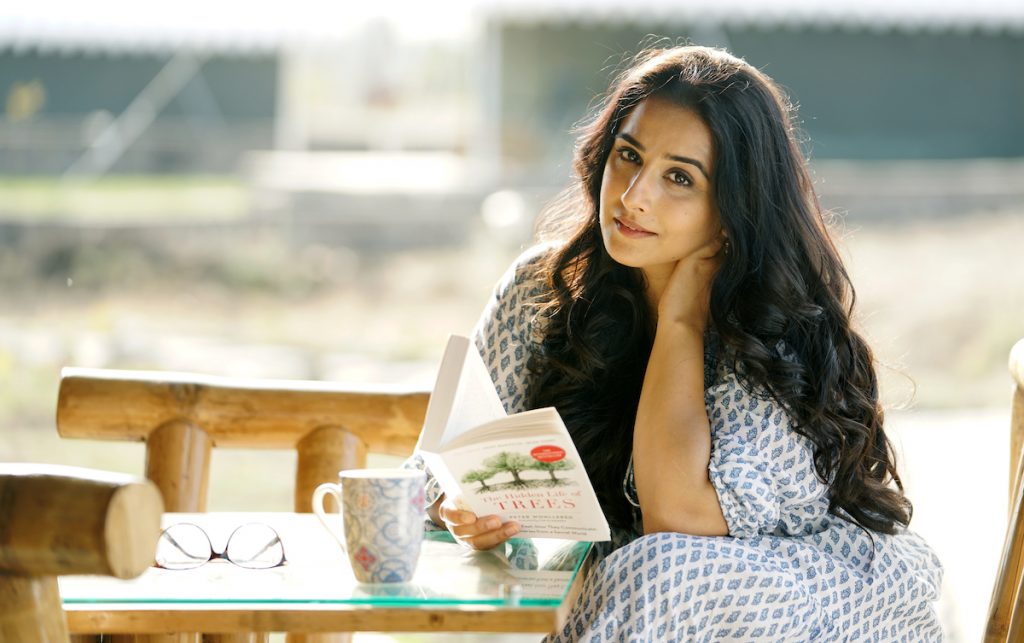Vidya Balan chooses her words with care, thinking a question through to come up with a measured response. In a conversation a month ago, she had chosen to describe herself as a “work in progress feminist”, and one does get the impression that she has been consciously picking up roles as mileposts on this evolutionary path, be it Kahaani, Bobby Jasoos or Tumhari Sulu.
“Each time you play a woman who is setting herself free, it sets you free a little more,” she says, describing the constant interplay between what she becomes on screen and who she is off screen.
Most people, more so women, are often held captive by their own self-image, the actor feels. “We have other worldly expectations from ourselves. It’s almost superhuman,” she says, and after a pause she adds, “which, in a lot of ways, is inhuman.”
Balan admits that the many personas she has donned have played a part in making her less judgmental about herself: “Every character I have played has healed some part of me, has helped me accept myself a little more.”
She is quite upfront about having grappled with body image issues until she played Silk in The Dirty Picture. It was as much about doing her job—acting—as about self-counselling. “I was able to heal the part of me that used to feel small in my bigness. I began to own my body after that,” the actor says.</div>
She hastens to point out that it is not to do with physicality alone; there are psychological, emotional, and material issues that people could be conflicted about. As far as she is concerned, living another life on screen has played a part in helping her resolve her inner dilemmas and dissonances.
When it comes to Balan’s filmography, what is reiterated to the exclusion of almost everything else is its ‘woman-centric’ aspect. To her, the “solo heroine” films she has acted in – from the breakthrough Parineeta in 2005 to the forthcoming Sherni – have signified a gradual quest to move beyond the patriarchal mindset that characterises much of society, in big or small measure. Moreover, her journey has taken place in a decade when a male-dominated mainstream film industry has witnessed an explosion of a ‘female hero’-led cinema.
“In the world at large, and [in] the country too, we are all work in progress feminists and at various stages of [the journey],” Balan says.
Follow us on X (Twitter) and Facebook

